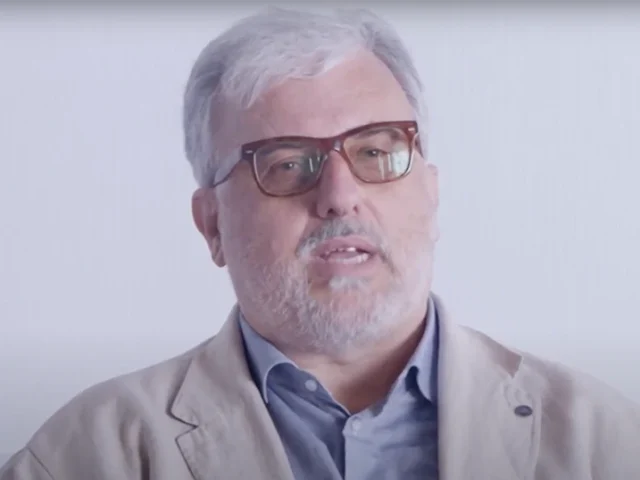
July 2025
The Department of Social Sciences and Humanities, Cultural Heritage is launching a monthly interview series to highlight the work of researchers and technologists across its Institutes. Each episode highlights new projects and perspectives, offering an insider’s view of topics that range from the humanities and social sciences to the promotion of cultural heritage. This initiative aims to engage a broad audience, demonstrating how research can have a tangible impact on daily life and contribute to societal development
Can Science help build bridges of peace? Seventy years ago, on July 9, 1955, scientists Einstein and Russell, together with eleven other renowned scientists, presented an appeal to all nations: the “Scientists’ Manifesto for Peace”. The text begins with a declaration of concern about the potential consequences of nuclear war, emphasizing that “in a future world war, nuclear weapons would certainly be employed” and that such weapons represent a threat to humanity’s very survival.
On the occasion of this anniversary—more relevant than ever today—we interviewed Maurizio Gentilini, historian and researcher at the Institute of History of Mediterranean Europe of the National Research Council (CNR ISEM), for our column. We asked Maurizio about the reasons that drove scientists to commit science to the cause of peace rather than weapons, and whether that hope for planetary convergence in a world without wars can still exist as it did seventy years ago.
Since 2008, Maurizio Gentilini has been responsible for the organization’s archives and has worked in the Department of Social Sciences and Humanities, Cultural Heritage (DSU) and in the technical-scientific secretariat of the Presidency. He has conducted research and published essays on the history of libraries and archives, the history of political parties, the history of the Italian and European Catholic movement, the history of pacifism, and on figures such as Alcide De Gasperi and Chiara Lubich. He teaches Modern and Contemporary History at the Uninettuno University.
Last updated: 9 July 2025

